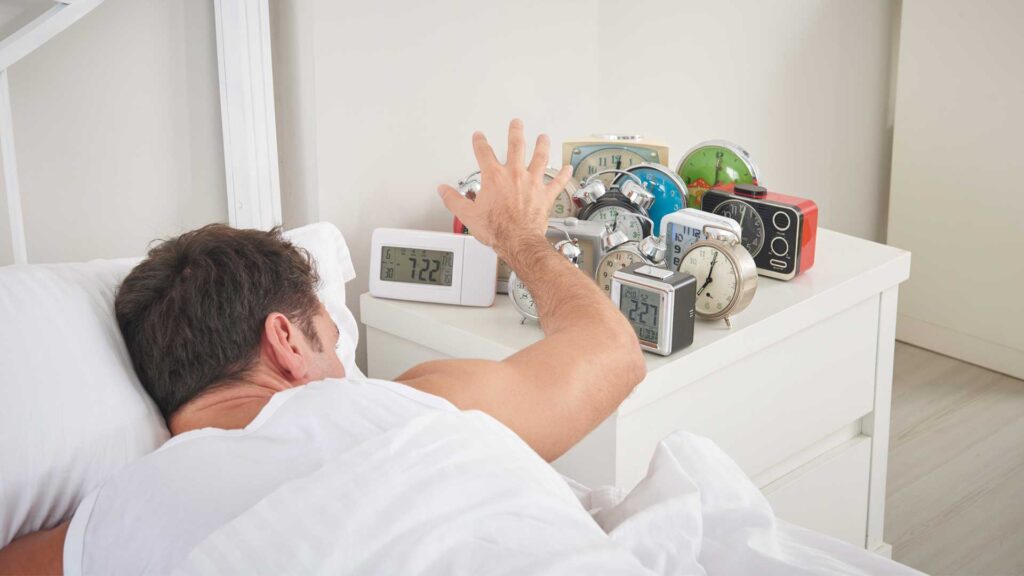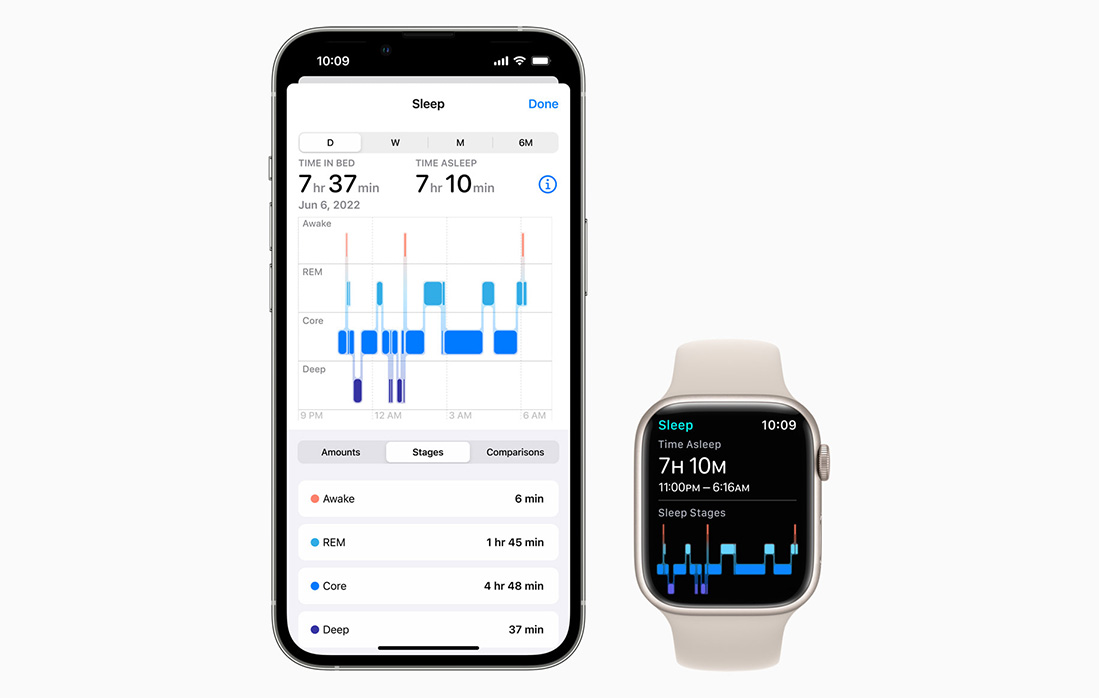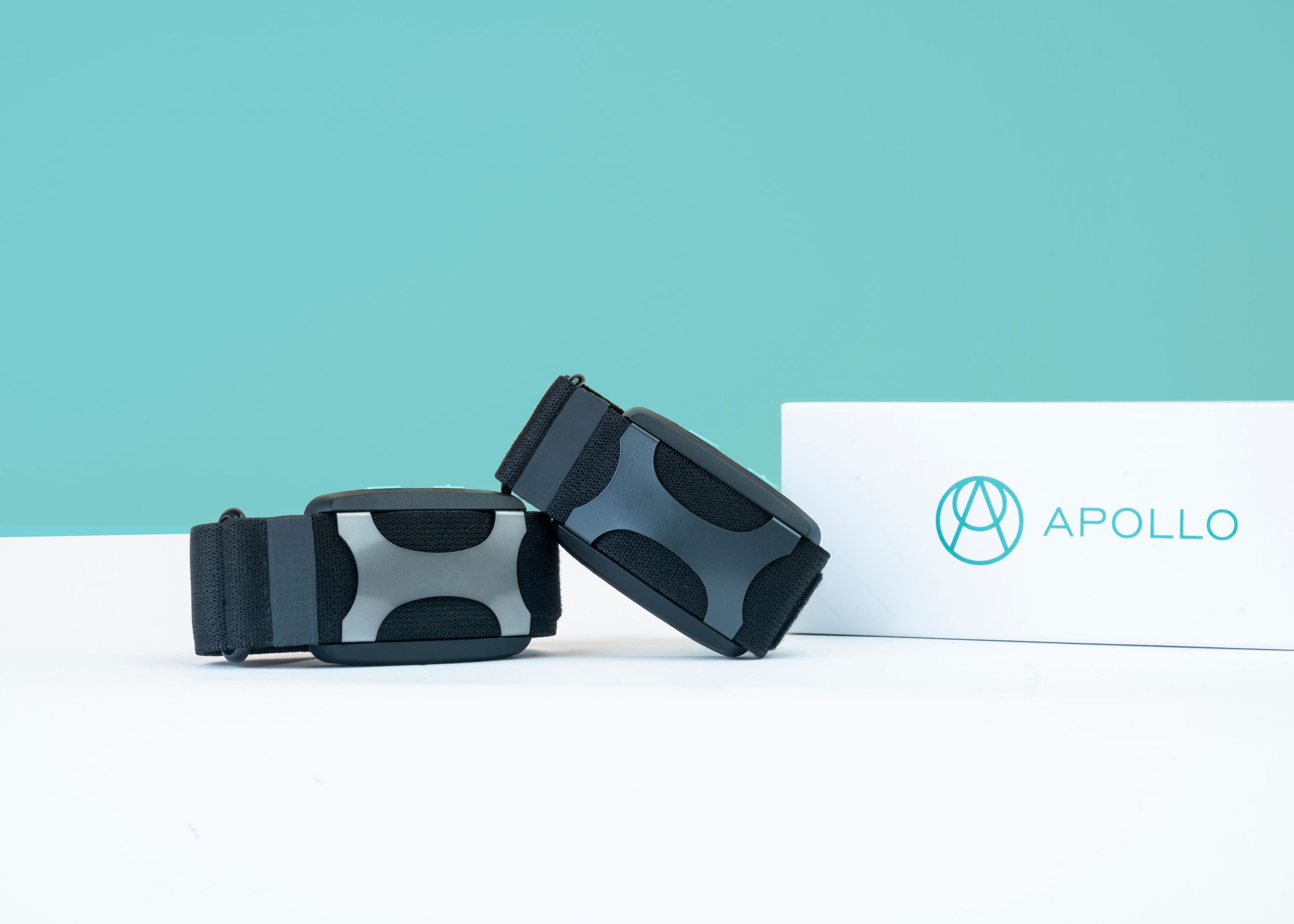
You’ve heard how what you put out into the world is returned to you. Or, you might even believe you can manifest things to be true. But even for those who don’t, there’s plenty of science behind the power of perception. If we fake a smile, we can convince ourselves that we are happier, for example. This also applies to sleep.
An August 23rd research study from the University of Warwick studied 100 participants, age 18-22, over two weeks, and had them keep a sleep diary, including details on (1):
- What time they went to bed
- The time they got ready to fall asleep
- How long it took to fall asleep
- When they woke up
- When they got out of bd
- How satisfied they were with their sleep that night
Then, throughout the next day, they were asked five separate times to rate their emotions and satisfaction with life. They also wore a watch logging their sleep data, called an “actigraph.” Then, researchers compared the data and their moods to their perceptions of their sleep and their moods. Lead author Dr Anita Lenneistold told Neuroscience News, “Our results found that how young people evaluated their own sleep was consistently linked with how they felt about their well-being and life satisfaction.” The actigraph measurements weren’t linked to their moods the next day, but their perception of how they slept were. In essence, people who felt they slept great rated their lives as more satisfying, even over “concrete” data.
Annie Miller, a therapist trained in behavioral sleep medicine, specializes in treating chronic pain and trauma Washington, DC, at DC Metro Therapy. She thinks this is a topic readers should take note of. “It is not the typical approach to looking at sleep. Many articles out there discuss products that can help sleep, or focus on the need to get 8 hours of sleep in order to be healthy. In fact, the pressure we put on getting the ‘right’ amount of sleep can actually make our sleep worse.” But what if “right” is only what feels right to you? Trippy, yet science-backed.
Lenneistold also said, “There is a difference between actigraphy-measured sleep efficiency and people’s own perception of their sleep quality in how they link to people’s evaluations of their well-being.”
Miller explains that these findings point to our need to pay attention to sleep data as more of a general overview, and not something we focus on. “How we perceive our sleep is essential and our thoughts and emotions about sleep are what influence our sleep more than anything else.” She gives a concrete example:
“If you are stressed and worried about getting a certain amount of sleep on a given night, your brain goes into the fight-or-flight response and you release cortisol and adrenaline. These stress hormones actually keep you awake. Worrying about sleep impacts sleep in a profound way. If we can let go of the focus on sleep and how it ‘should’ look, sleep will happen more easily and naturally,” she says. So basically, we should stop “shoulding” all over ourselves, like we might do when it comes to sleep, and life. In fact, she points to some people getting a little over obsessed with sleep analytics.
“Many people out there think about sleep, read about sleep, and worry about their sleep on a daily basis. If you wake up feeling not rested, you may start to think your sleep is a problem. Whether you don’t get enough sleep, or perhaps … It’s not refreshing. This is perceiving sleep negatively,” she says. “And it starts to become a cycle and you may become preoccupied with your sleep. Then if you read articles about how you need 8 hours of sleep or you will end up with health problems down the road, it leads to more anxiety about sleep, and then you put more pressure on yourself to get better sleep.”
Like a dream, allow your pressures about sleep to drift away, and give yourself some grace. “Does a bad night of sleep really impact our health? If that were true, all parents of newborns would have a lot of health-related problems.” She suggests we keep an eye on how much we are reading and worrying about sleep itself. In addition, it’s an individualized goal, and not something that Dr. Google can accurately prescribe. “There is no magic number of hours that works for everyone. Some people do well with 6 hours of sleep, others need 9 hours. We’re all different,” she says, adding that if you are always thinking you aren’t getting enough, that can do more harm than good, making the data detrimental to your mental health. “Instead, focus on how you feel during the day. If you need to work with a therapist to help you with your sleep, we’re out there.”

Apple’s New Watch OS Promises Intense Sleep Tracking

Is The Next Generation Of Wearable Sleep Technology Here? Meet The Apollo Neuro

How To Wake Yourself Up

“Pokémon Sleep” Wants You to Catch ‘Em All… All Them Zzz’s, That is
Sources
1. “How people feel about their sleep matters to their well-being, new research suggests,” University of Warwick, August 4, 2024.
2. Miller, Annie. Author interview. October 2024.